What Your Child Needs to Hear Based on Their Myers-Briggs® Personality Type
Raising children can seem complicated and confusing on even the best of days. One-size-fits-all parenting is often prescribed by magazines and mommy blogs alike, but that’s just not how life works. Each child has a unique set of needs and a unique way they like to be shown love. For some children, hearing “I appreciate you” will make their day, for other children it won’t mean much. I spent some time speaking with a variety of people from each personality type and researching childhood type to create this list of phrases each child needs to hear based on their type.
Not sure what your personality type is? Take our new personality questionnaire here. Or you can take the official MBTI® here.
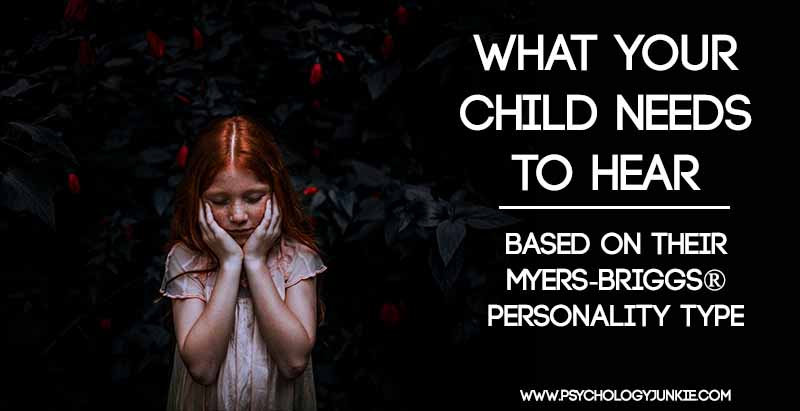
What Your Child Needs to Hear Based on Their Myers-Briggs® Personality Type
ISTJ – “I’ll Always Be There For You.”
ISTJs are all about loyalty, and ISTJ children especially need to know that their parents are with them through thick and thin. They need to know their parents will show up on game day, or when they’re on the debate team, or when they’re sick or scared. They need to know they can count on their parents and believe in them. Consistency, honesty, and trust are three of the most vital ingredients for a healthy ISTJ child and parent relationship.
ISFJ – “I Notice Everything You Do. Thank You.”
ISFJs are compassionate and generous children, but they don’t usually like to draw attention to themselves. They tend to take on responsibilities at an early age and many of their good deeds are taken for granted. Even as children, ISFJs notice details about the people they love. They notice the little things; their smiles, their small anxieties, their likes, and dislikes. They need to feel appreciation and a sense of belonging. Attentiveness, consistency, and kindness are three of the most vital ingredients for a healthy ISFJ child and parent relationship.
ESTJ – “I Believe in You”
ESTJ children strive to be competent and capable. They are usually hard workers who want to feel like their parents respect them and have faith in their abilities. Parents who hover over them, or “helicopter parent” make them feel insecure and frustrated. They need to know that their efforts to grow, mature, and be capable are actually noticed and that when the time comes, their parents will trust their abilities to take care of themselves. Respect, consistency, and loyalty are three of the most vital ingredients for a healthy ESTJ child and parent relationship.
ESFJ – “I Appreciate Who You Are. Not Just What You Do.”
ESFJ children desire belonging, closeness, and affirmation from their parents. They tend to work hard to try to be the best they can be, and this perfectionism and focus on meeting expectations can leave them tired or overwhelmed. ESFJ children need to know that who they are on the inside is valued; their intrinsic beliefs, morals, personality. They need to know they’re loved not just for the kind things they do, but for the things that make them them! Affirmation, affection, and trust are all vital components in a healthy ESFJ child/parent relationship.
ISFP – “No One Is Like You. And I Love That.”
ISFPs are sensitive, individualistic, and practical children. They often struggle with feeling misunderstood, but they also enjoy feeling unique and different from the crowd. They want to be appreciated for what makes them unlike the rest. They have a certain non-conformist quality that combines with tenderness and passion to make them truly unforgettable children. Sincerity, affection, and gentleness are three vital ingredients to a healthy ISFP child/parent relationship.
ISTP – “I Know You Like Your Alone Time, but I’m Here For You When You Need Me.”
ISTP children aren’t usually very verbally demonstrative or expressive of their feelings. They often feel pressured to give affirmations of their feelings to parents, and this can make them feel awkward or uncomfortable. They enjoy their alone time and they want parents who will respect their need for privacy without taking their privacy and independence as an insult. They also want to know that when they are ready, their parents will be around. ISTPs want parents who will take time out of their schedule to just “hang out” with them, drive around, play a game, or build something together. Actions speak louder than words for these types! Respect, trust, and freedom are all important ingredients for a happy ISTP child/parent relationship.
ESFP – “You Light Up My Day”
ESFP children want to provide joy to the people they love. They want to know their humor, their smiles, their liveliness and enthusiasm is rubbing off and making a difference. Almost nothing makes them happier than seeing someone they love smile, laugh, or brighten up at their presence. Affection, sincerity, and a sense of adventure are three things that ESFPs crave in their child/parent relationships.
ESTP – “Show Me What You Can Do!”
ESTP children want to prove to their families that they are competent, capable, and independent. They want the freedom to stretch their wings and take on new and interesting challenges. These are the kids who yell “look at me!” while they climb the tallest tree in the yard. They are risk-takers, the thrill-seekers, the adventurers. They generally love to get their parents attention with new physical challenges they’ve overcome. These kids want your attention, your trust, and a little admiration never hurt either. Steadfast love, affirmation, and respect are all extremely important to young ESTPs.
INFP – “Your Sensitivity Makes You Strong”
INFP children are often given a tough time for being overly-sensitive. They are deeply affected by the good and bad in the world and are very aware of the moral value of things. They are gentle, imaginative, and highly in-tune with not only their own feelings, but the feelings of others as well. It can be easy for them to think that their sensitivity is a curse or a weakness if they aren’t given proper guidance or affirmation. Parents need to assure them that their gentleness and compassion are strengths that can be used to change the world. Gentleness, affirmation, and open-mindedness are all key ingredients for a happy INFP child/parent relationship.
INTP – “You Have An Amazing Mind. What Do You Think of (Interesting Theory or Fact)?”
Showing a young INTP you care can be challenging for parents who are more fond of physical affection and verbal demonstrations. INTPs tend to feel put on the spot by excessive affection or compliments. One of the best ways to show you care is to feed their Introverted Thinking (Ti) or Extraverted Intuitive (Ne) preferences. Show them you admire their intellect, their thoughts, and their ideas. Listen attentively when they speak, but don’t pressure them to speak if they’re enjoying time alone. Ask their opinions on interesting theories and intellectual matters (yes, I know we’re talking about kids, but INTPs are highly intellectual kids at that!). Work on an experiment together, solve a brain-teaser together, show them you appreciate their thoughts. Respect, attentive listening, and written affirmations mean a lot to young INTPs.
ENFP – “I Love Your Dreams, and I Believe in Your Ability to Achieve Them.”
ENFPs spend their childhoods lost in a whirl of thoughts, ideas, and imaginative possibilities. They see potential and beauty everywhere and they long for a parent who believes in their capabilities to make those dreams come to fruition. Young ENFPs may struggle with finishing projects or focusing on the nitty-gritty details, but with proper encouragement, many ENFPs grow up to be astounding visionaries and creatives. Just look at J.J. Abrams, Hans Zimmer, and Oscar Wilde – all rumored to be ENFPs. Affirmation, encouragement, and sincerity are all vital ingredients for a healthy ENFP child/parent relationship.
ENTP – “I Love How You Think Outside of the Box”
Young ENTPs tend to be scolded regularly for arguing things from many different angles. This tendency to see everything from 100 sides comes naturally to them, and it’s a skill that is regularly admonished and stifled by parents who get fed up with the questioning. It’s important for young ENTPs to know that their innovative, out-of-the-box thinking is appreciated and admired, and it’s not just something that will get them in trouble! Open-mindedness, respect, and a sense of humor are all vital in an ENTP child/parent relationship.
INFJ – “Can You Share Your Thoughts and Dreams With Me?”
INFJs live in a vast internal world of meaning, insights, and abstract connections and possibilities. They are usually wary of sharing their ideas because oftentimes they are met with confusion or patronizing reactions. They need to feel that their parents want to hear their ideas and that they want to understand them. They want to have the chance to express all the many connections and mysteries that play through their minds. They may have big existential questions or fears that parents need to know about. They may have an insight into something that other people have missed. They just need someone to listen. Attentiveness, affirmation, and open-mindedness are all paramount in the life of a healthy INFJ child.
Want a comprehensive guide to the INFJ personality type? Check out my eBook, The INFJ – Understanding the Mystic.
INTJ – “I Have an Interesting Idea, But I’d Like To Know What You Think”
INTJ children want to feel that they are listened to, respected, and that their ideas aren’t going to be tossed under the rug or laughed at. They have an infinite depth of insights and abstract connections that channel through their minds incessantly, but they aren’t often given the opportunity to share them. When a parent asks their opinion, advice, or insight on something, it shows that the parent not only respects them but WANTS to open up that channel of insight and glean something from it. This is something that will mean a lot to young INTJs. Authenticity, respect, and open-mindedness are essential in a healthy INTJ child/parent relationship.
ENFJ – “I Love Listening to Your Heart”
ENFJ children exude passion and friendliness. They are a bold combination of imagination, depth and sunny optimism. They tend to give so much to others and share so much of their time that they may start to feel that all their worth is in what they do. They need assurance from parents that their worth isn’t dependent on pleasing others, but lies in their heart. They need parents who want to listen to their feelings, understand them, and who will not laugh at their imaginative ideas even when they’re off the wall or outside the norm. Affirmation, gentleness, and attentiveness are all extremely important to young ENFJs.
ENTJ – “I Know I Can Trust You With This”
Young ENTJs are often running at full speed to be independent and grown-up. They want to feel free to pursue their wildest dreams and visions, but they often feel tied down because their parents want them to slow down and act like “normal” children (what is a normal child anyway?). They want people behind them who believe in them and are supporting them in their efforts, whether it’s selling lemonade in front of the house or studying for the SAT. Anytime parents can show their young ENTJs that they respect them, trust them, and believe in them they are building a greater bond than they ever could through emotive verbal demonstrations.
What Are Your Thoughts?
What did you need to hear as a child? Share your thoughts with other readers in the comments!
Other Articles You Might Enjoy:
What Your Child Needs Based on Their Myers-Briggs® Personality Type
The Childhood Struggles of Every Myers-Briggs® Personality Type
Is Arguing Your Child’s Learning Style?
What Each Myers-Briggs® Personality Type is Like as a Mom
Get Your Free eBook!

Subscribe to our newsletter and get an eBook packed with powerful parenting tips for each personality type! Enjoy 28 beautifully illustrated pages exploring the needs and strengths of all 16 personality types in childhood.


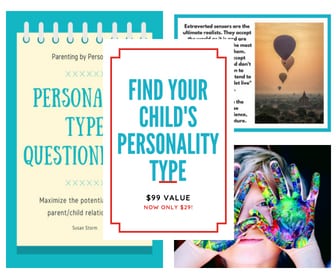
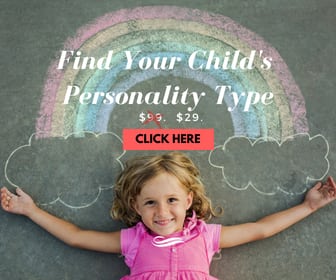
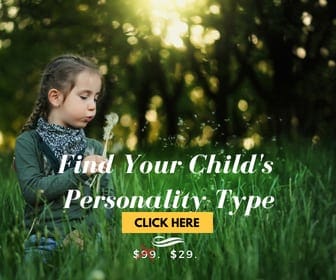
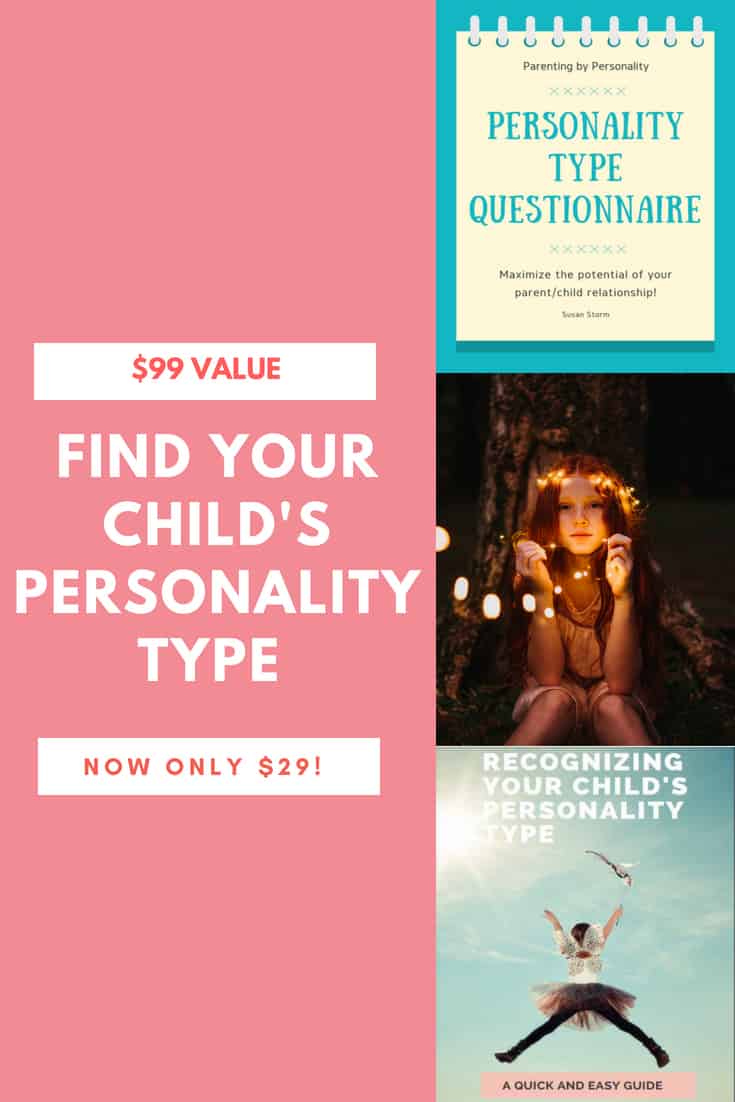
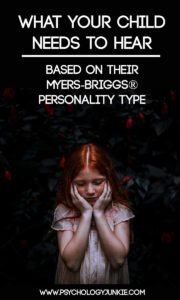
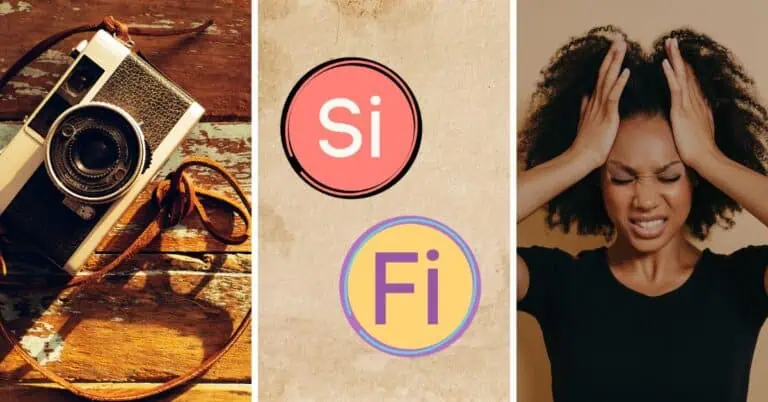

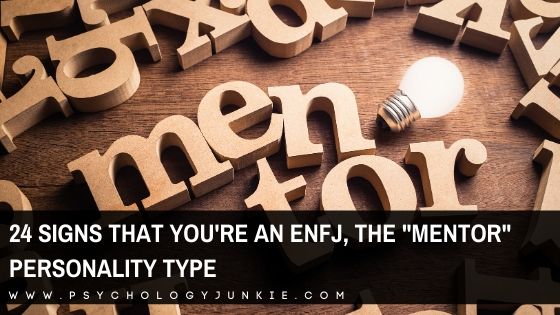





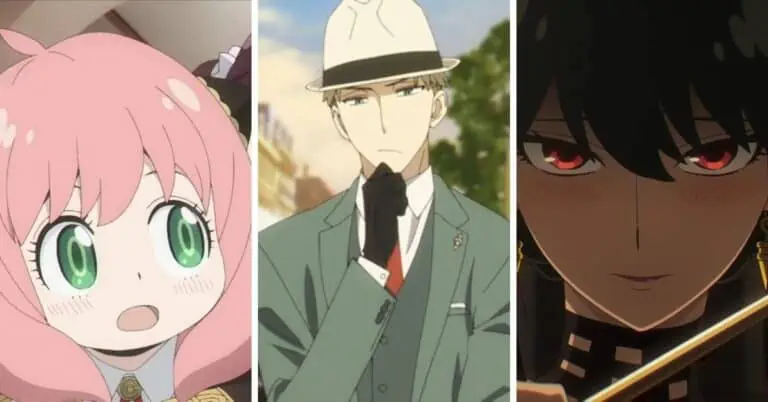
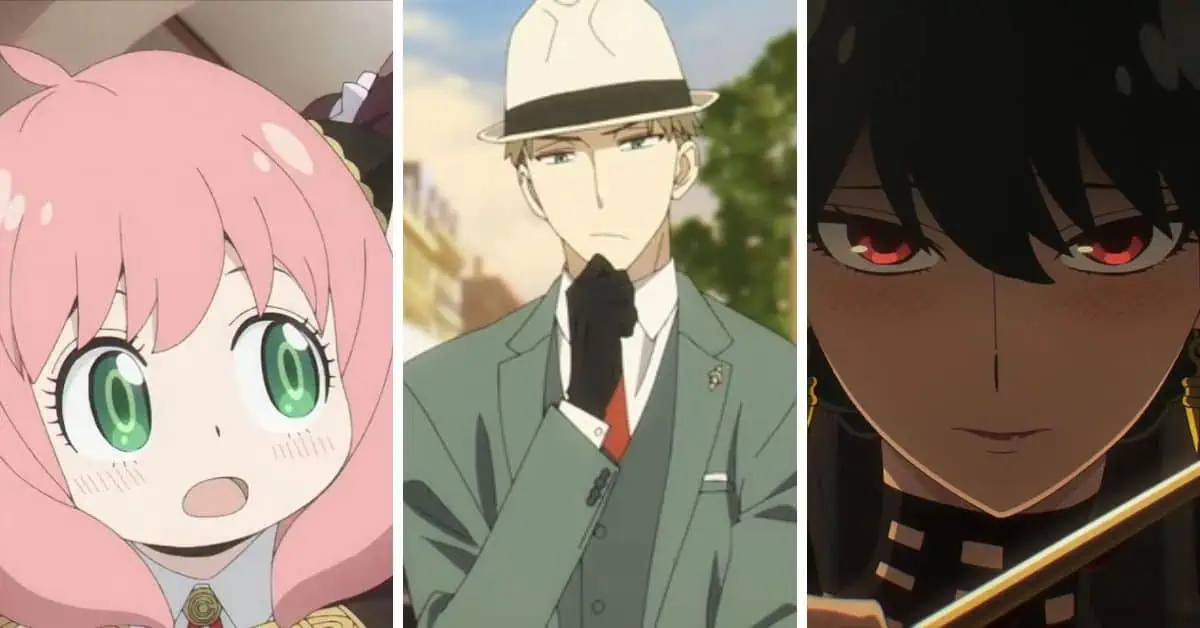
As an INTJ female, the thing I most need to hear is not “I love you!”, but “I respect and appreciate you!” Many people do not understand that, as most females need affection and men need respect. I don’t need doors held for me, a hug, a kiss, sweet talk, flowers, and chocolates. I need respect and will go to great lengths for someone who shows that respect. Respect for my mind and insights, respect for my abilities, and respect enough to know I don’t need micromanaged. I’ve felt that need since I was a very young child and I’m thankful for people in my life who show that to me. An “I love you!” is awkward and almost embarrassing, but a thumbs up or a “Wow!” when I have a good idea warms my heart like no “I love you!” ever could.
Great article, thank you. I would love a follow up article about what an adult who didn’t get this might turn out. For instance, an ENFP, who during childhood would mostly, in all well meaning, hear, “no, that probably wouldn’t work. You need, to be more realistic.” The insecure, low confident version of each type, I guess.
Iam adult INFP in 20s yet still deeply affected by bad in the world. I was ok when i was a child, bcos i was unaware of the world around me.
Interesting. I’ve not been able to rule out ESTP, even though I type as ISFP, but I know some ESTPs that I find rude, lol. But I relate most of all to the ESTP thing here. But I really need to hide from the world sometimes if someone is too Je, or is a dominant Extraverted judging type. Stresses me out to no end. I used to like bossing people around when I was a kid but I learned from my oldest friend (an INFJ) the rewards of being nice and sharing, etc., so I hold my tongue a lot with people who drive me nuts. And I am faithful in my religion too, which helps muzzle me. 🙂 As I age, I also find it more rewarding just to keep a lot of things to myself, because it’s not worth the energy and worn out feeling that arguing creates.
I am an INFJ and the fact that those wordz were simply written made me cry…It feels difficult to keep your myriad thoughts within you.
I’m an INFJ who is also a man of 67 years. (I left out the word “old” because I’m Not old. Mot mentally or emotionally). Neither of my parents ever asked me to share my thoughts. The only person who, in my entire life, asked me to share my thoughts was my psychologist. Your entry about what an INFJ needs to hear is spot-on. Who knows what my life would’ve been like? Probably not what it’s been.
INTP here….. I think I need something else than the one listed, the one listed will sure make my day but something else works better……